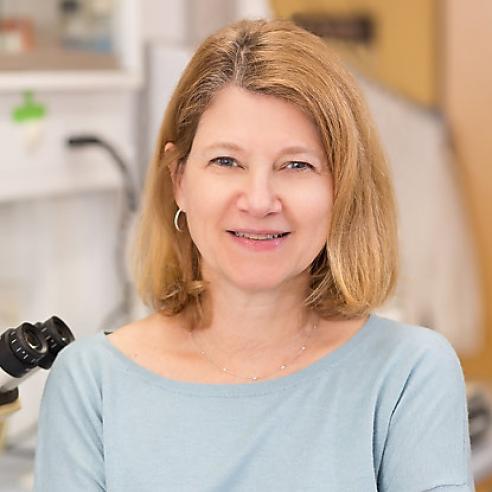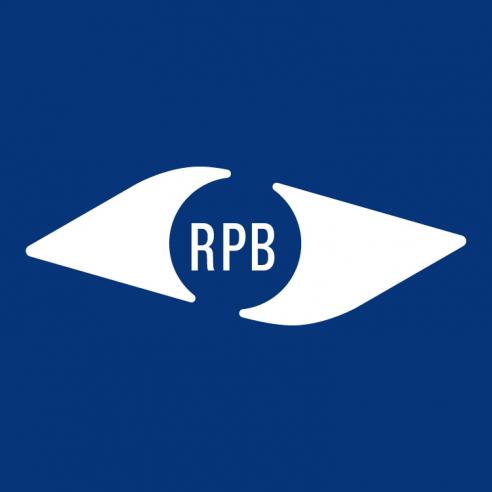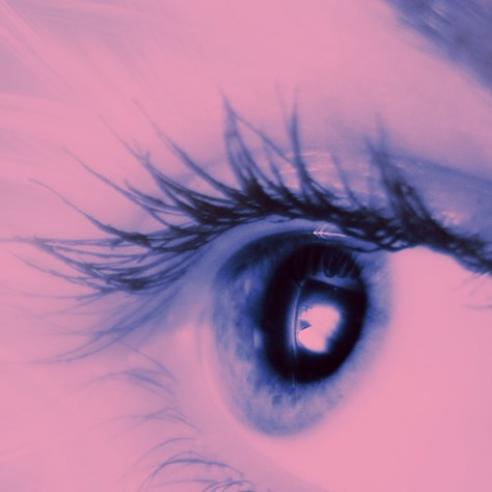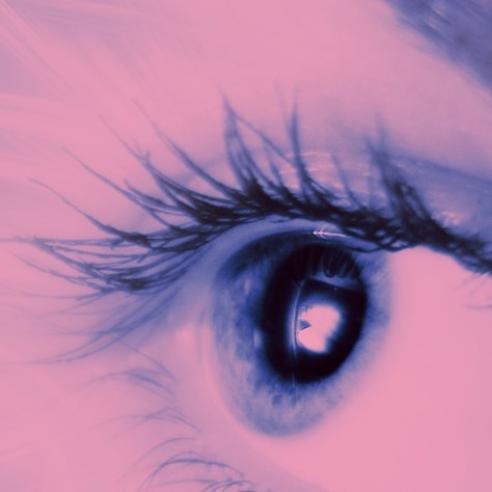Functional Biomarker for Age-related Macular Degeneration Found

University of Alabama Birrmingham (UAB) investigator Cynthia Owsley, PhD, measuring dark adaptation using a prototype research machine. RPB provided infrastructure support, from 2008 through the present, in the form of research resources including biostatistical support, retinal imaging and analysis expertise, study design, and database design and management. Photo: UAB.
If you have turned the corner past middle age, heading toward older age, perhaps this has happened to you. You are at the movies. You leave the well lit lobby and enter the theater during a dark preview or scene from the film and, for a minute or two, your surroundings are plunged in darkness. Gradually, your eyes adjust and you can find your way to a seat.
Your eyes' ability to adjust to darkness after being exposed to bright light is called dark adaptation. Based on years of investigation, RPB-supported researchers believe that adults whose eyes are slow to adjust have a greater risk of developing age-related macular degeneration. They also believe that by measuring a patient's dark adaptation response time they have developed a tool that can help track the onset or progression of the disease as well as measure the effectiveness of drugs that are in develpoment to treat the disease early on.
February 8, 2016
Related News: Macular Degeneration

Research to Prevent Blindness and Association of University Professors of Ophthalmology Announce 2025 Recipient of RPB David F. Weeks Award for Outstanding Vision Research
Maria Bartolomeo Grant, MD, is recognized for ground-breaking contributions to the field of vision research.

Research to Prevent Blindness and Association of University Professors of Ophthalmology Announce 2024 Recipient of RPB David F. Weeks Award for Outstanding Vision Research
Patricia Ann D’Amore, PhD, MBA, is recognized for ground-breaking contributions to the field of vision research.

Research to Prevent Blindness Marks $400 Million in Funding to Advance Eye Disease Research
RPB funds a new round of researchers and hits a milestone in supporting vision-related breakthroughs.

RPB Funding Helps Researchers Revive Light-Sensing Cells in Organ Donor Eyes
This ground-breaking research accomplishment will open new doors for research on neurodegenerative diseases like AMD.

Recording available: RPB webinar on Dry AMD and Geographic Atrophy
RPB grantees provide expert insight on geographic atrophy and dry AMD as part of the "Lunch & Learn" series.

Join Us for AMD Awareness Month
Join RPB and Apellis Pharmaceuticals for a virtual event on Feb. 25 to learn about cutting-edge research into geographic atrophy and dry AMD.
Subscribe
Get our email updates filled with the latest news from our researchers about preventing vision loss, treating eye disease and even restoring sight. Unsubscribe at any time. Under our privacy policy, we'll never share your contact information with a third party.
| General Info | Grants | News & Resources |



